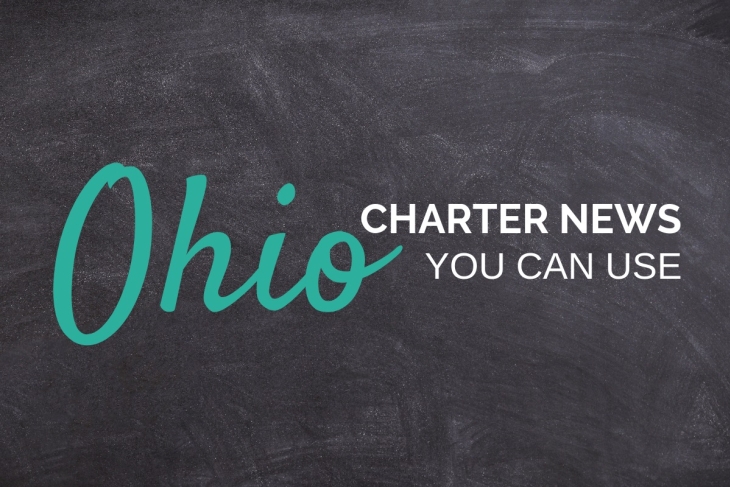Getting political
A new blog post from Fordham’s Jessica Poiner looks at the national Democratic Party education platform and finds its planks regarding charter schools to be based on less-than-truthful characterizations of the education landscape. In an election year, honest debate over such important issues should be a priority for parties and candidates from the top of the ticket on down.
25 years of the federal Charter Schools Program
New research from Bellwether Partners digs deeply into the federal Charter Schools Program (CSP), documenting its creation, development, and operation over the last quarter century. CSP, they write, “has played a critical role in helping the charter sector grow to its current size, serving 3.3 million students in 7,500 schools nationwide.”
“Charter School City”
A fascinating new book written by Douglas N. Harris, chair of the economics department at Tulane University, looks at New Orleans’ education ecosystem nearly fifteen years after the devastation of Hurricane Katrina. What has emerged, he concludes, after much pushing and pulling, is a remarkably robust mix of free market school choice and strong government accountability. At a minimum, Harris notes, the old status quo will never return to the city and that is unequivocally good.
New charter school in the city
South Columbus Preparatory Academy, a charter school new to Ohio’s capital city, opened its doors this week in a historic former district school building. You can check out this brief, pandemic-influenced profile of its fully in-person first day.
The quest for liability protection
We learned last week that schools across the state are worrying about their Covid-related liability as they finalize (or tweak) their reopening plans for the 2020–2021 school year. The Buckeye Institute has been at the forefront on the issue and made the case for liability protection for schools in this Dispatch op-ed. A bill that will do just that, HB 606, is on its way to Governor DeWine’s desk after gaining legislative approval this week.



